The best nap of your life? Inside luxury hotels’ sleep therapy programmes, the next step in wellness travel – from the Four Seasons Bali and Rosewood’s Hôtel de Crillon, to The Alpina Gstaad
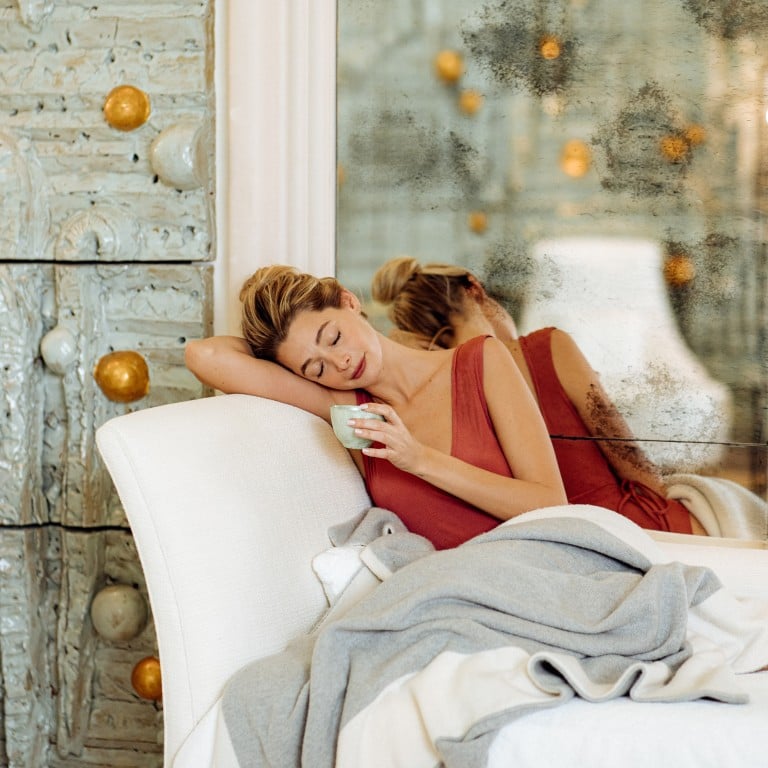
My husband and I are lying side by side on the floor of our hotel suite. Our eyes are closed and a young woman with blonde braids is guiding us through an imaginary valley towards a shimmering lake. Outside our window are snow drifts and icy glaciers, but in this fantasy world we feel our limbs grow heavy under the hot sunshine. Suddenly, I hear a snort, followed by a loud snore, next to me. My husband has fallen asleep, which in this context makes him the star student.
We are at The Alpina Gstaad, a glossy Swiss hotel that recently launched a sleep suite. In it, they teach the uber-rich (and the odd visiting journalist) the art of visiting the land of nod. We arrived in early December on the day the landscape turned white and as the glass-roofed train wound its way up from Zurich, I thought, “If I can’t sleep here, I can’t sleep anywhere.”
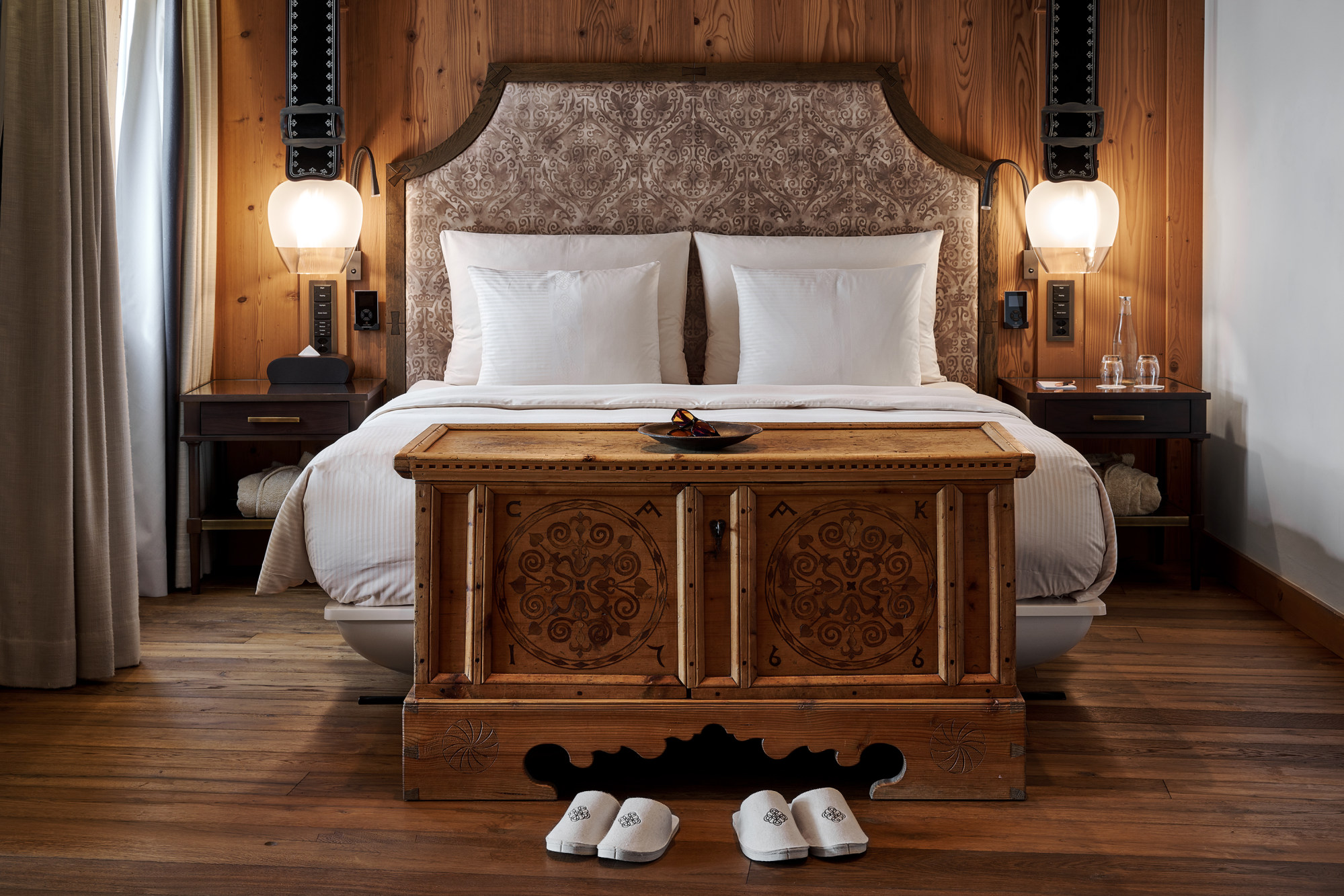
The hotel itself is beautiful. Built for an impressive US$337 million in 2012, it is perched on a hill above arguably the most famous ski resort in Switzerland. The rooms are made in glossy wood tones, with generous balconies that look over the lights of the village.
Inside Norway’s minimalist-chic Juvet Landscape Hotel as seen on Succession
Our sleep studies began with the above-mentioned yoga nidra. Taught as a part of yin yoga, it focuses on movements designed to create stillness in the body – hence the imaginary valley that was supposed to lead us to a place between sleep and wakefulness. I’ve always been a more anxious sleeper than my husband – who I have been married to for just under a year – so it didn’t surprise me that he passed straight out, while I stayed fully alert for the entire session.
Antonis Serris, a therapist trained in Buddhist medicine and sleep techniques, came in afterwards to explain that in most couples there is usually one person who takes longer to adjust to sharing a bed. He advised letting go of the idea that we had to go to sleep at the same time every night, and instead told us to follow our own body clocks, even if that meant one person staying up much later.
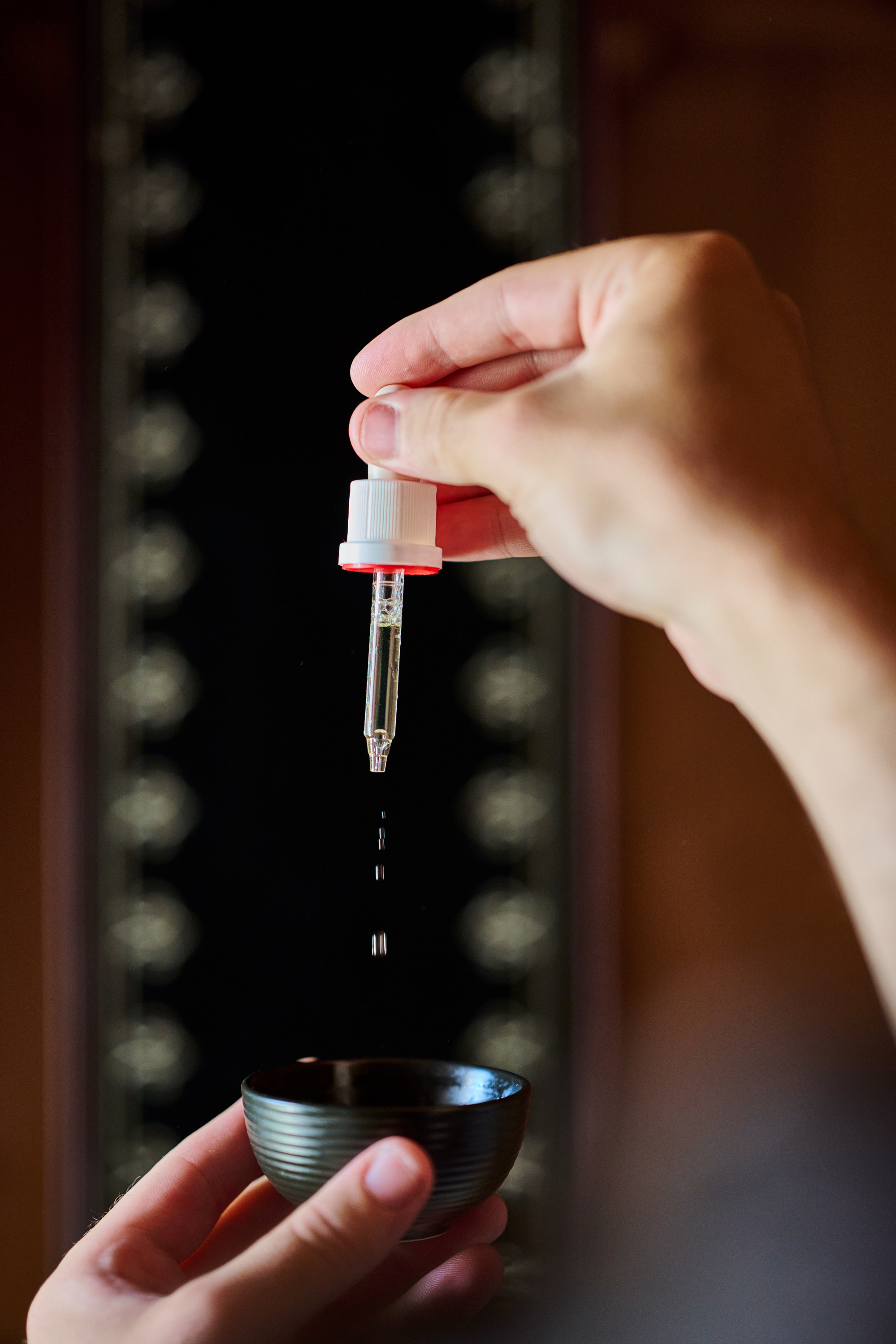
On a more practical note, Serris suggested a bigger bed and two separate duvets (I’m a blanket hogger) and told us to wear glasses that block out blue light for at least an hour before bedtime. Dinner was to be earlier with fewer carbs and just one glass of wine. Slightly disappointingly, given the Michelin-starred restaurant downstairs, the Alpina followed up on this advice to the letter, serving us easy-to-digest carpaccios, salads and warm soups in our room at 7pm.
I slept brilliantly – but the most revelatory piece of advice Serris gave me was also the simplest.
Live it up at Louis Vuitton? 6 luxury fashion brands with their own hotels
“Take it easy,” he said. “In the olden days people used to wake up in the middle of the night – it’s normal. Don’t get frustrated and worried, instead comfort yourself and say, ‘When it comes it comes.’”
If you’ve read countless articles about how anything less than eight hours can make you age a decade overnight, then you might find this as comforting as I did. Yes, we need to value sleep, but I don’t think fetishising it is all that helpful – and what that weekend away did was teach me that it is perfectly possible to reset your sleep patterns in a gentle way.
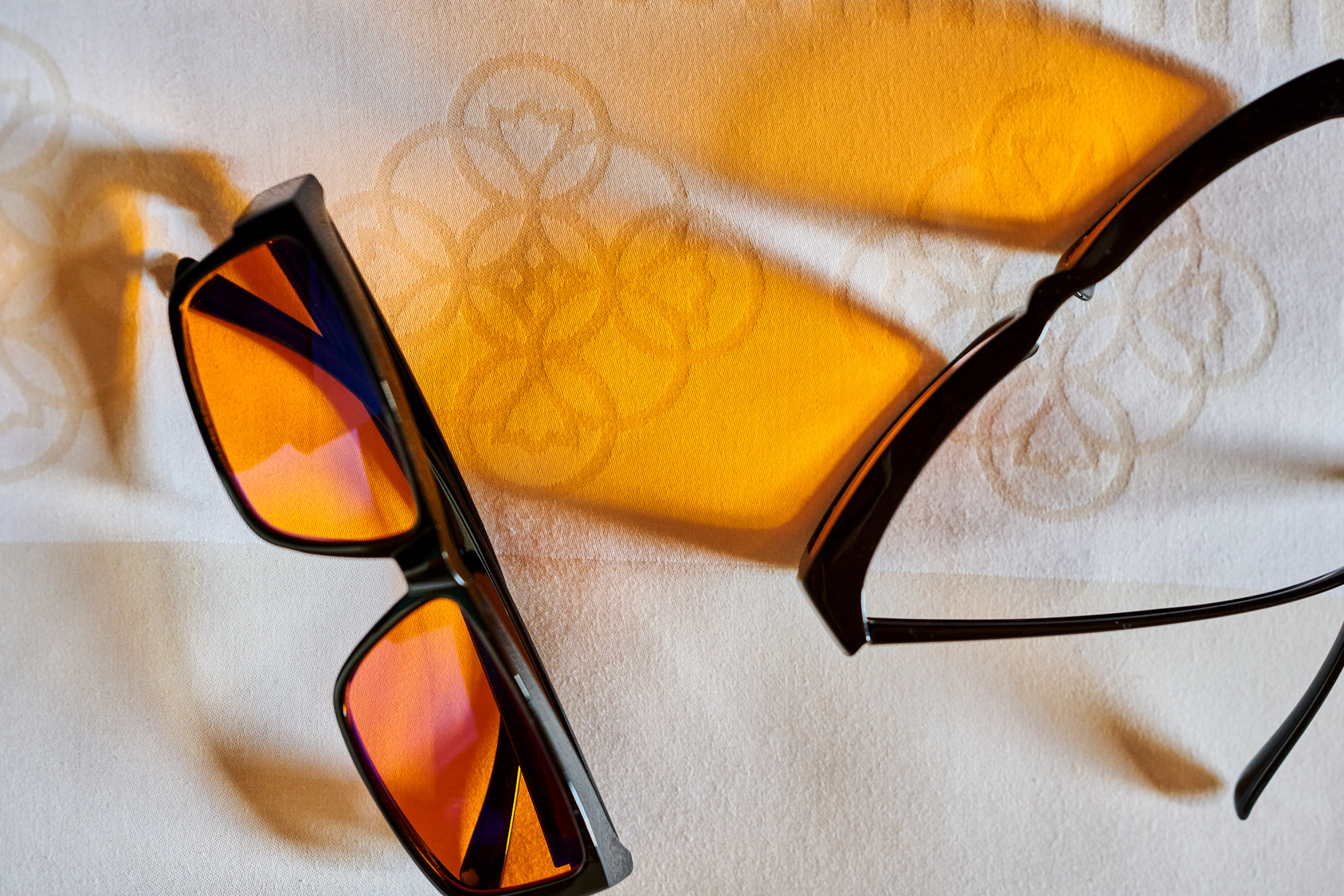
One way to do this is by taking a look at developments in travel where the luxury segment is becoming one of the most innovative players in the sleep industry – now worth a whopping US$432 billion annually. Most five-star hotels offer premium mattress toppers, pillow menus and sleep boosting aromatherapy oils, but they have now also introduced sleep experts and programmes for people hoping to boost the length and quality of their snooze time.
Take it easy. In the olden days people used to wake up in the middle of the night – it’s normal
“It makes sense,” says sleep expert Kathryn Pean. “A hotel room is primarily somewhere to sleep. If you want to make your brand stand out, say that you can offer the one thing that so many busy, stressed people find so elusive – a really good night’s sleep. But from a client perspective it’s often a great way to try different sleep techniques – after a long bout of insomnia, their own home might be somewhere they associate with bad sleeping.”
At the Rosewood’s Hôtel de Crillon – surely the establishment where Marie Antoinette would have chosen to hold court had she still been alive in 2023 and short of a room in Paris – there are Michelin-starred restaurants, an underground pool, bedrooms designed by the late Karl Lagerfeld and a butler assigned to each guest. But the hotel – much like its sister property in Hong Kong – also welcomes guests with an in-room Sleeping Beauty set, which includes aromatherapy oils, pillow sprays, herbal teas and bath foam.
Living large: Hong Kong’s 8 most luxurious hotel suites ever
In London is The Cadogan, a Belmond Hotel in the heart of Chelsea that makes the most of being a short hop away from Harley Street by offering sessions with Malminder Gill, a sleep expert and one of the UK’s top hypnotherapists. He tells me that hypnotherapy not only promotes relaxation, but enables deeper sleep by inhibiting fear pathways and sleep anxiety.
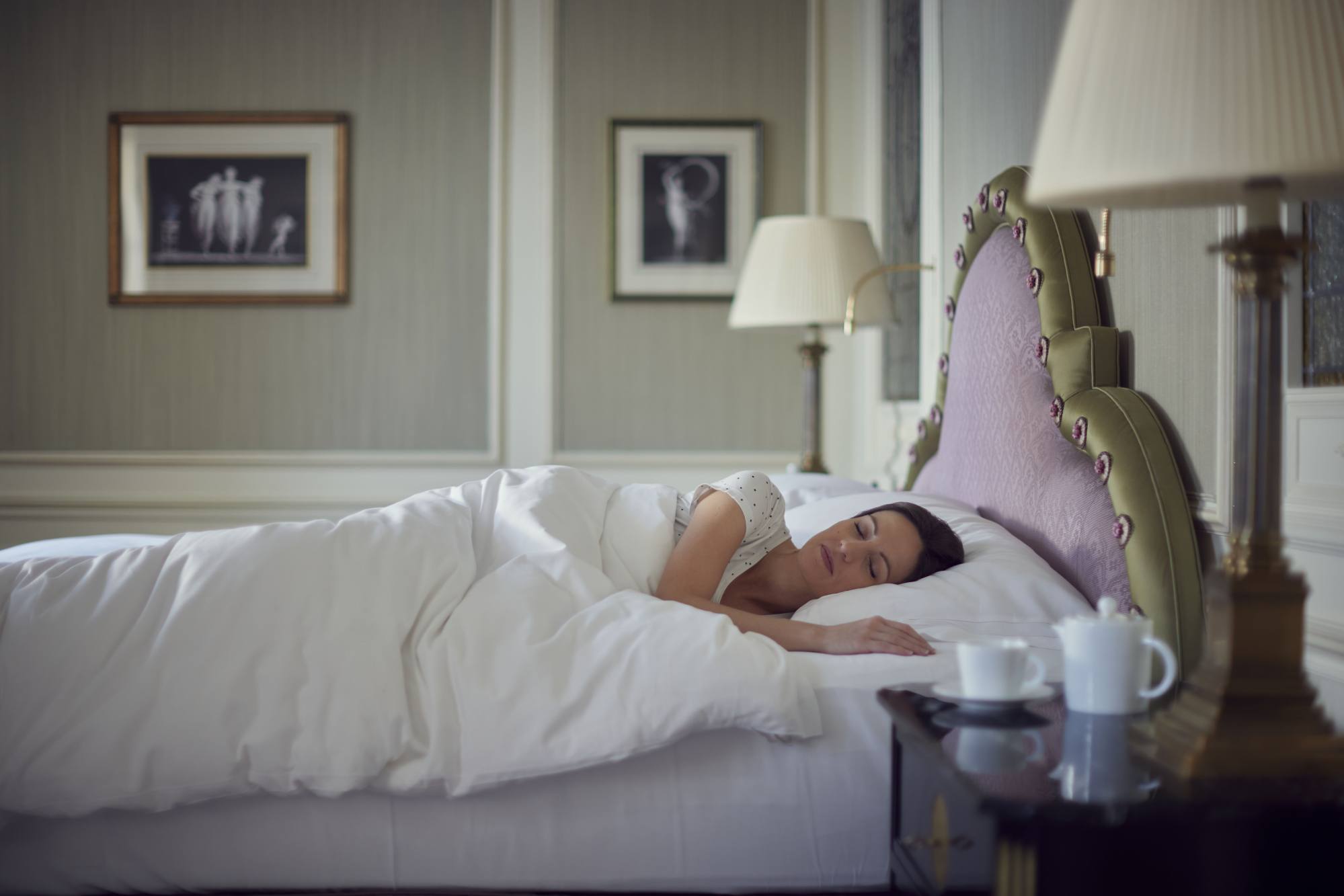
I stay in one of their plush bedrooms after a particularly stressful midwinter week and at around 5pm – a time when the London sky is already inky black – Gill pays me a visit. I half expect her to pull out a pocket watch, but she quickly puts me right. “There’ll be none of that and no clucking like a chicken,” she says briskly. “Hypnotherapy is all about distancing people from their racing mind and slowing down so they are in a place where they forget their worries and relax; once they do that, they can sleep.”
To distract my mind, she forces me to imagine a fictional world – similar to the aforementioned yoga nidra. I wish I could write about it in more detail, but oddly I can’t remember much – all I do know is that night, I drifted into one of the most peaceful sleeps I had experienced in months. “Everyone needs something different – one might need imagery, someone else might need to go back in time, but the key is taking them on a guided journey that grabs their attention. Calming an overthinking mind is a skill many of us need to learn,” Gill says.
What’s it like to stay at Macau’s Grand Lisboa Palace?
And then there is the question of food. In Switzerland is Beau Rivage, a Geneva-based grande dame hotel that focuses on the role food plays in healthy sleep. Tailor-made menus are created by the Michelin-starred chef Dominique Gauthier, while blood tests are taken at the start and finish of your stay to see how well you are responding to it. According to doctors – and the hotel’s menu – fatty fish, rice and kiwis work particularly well.
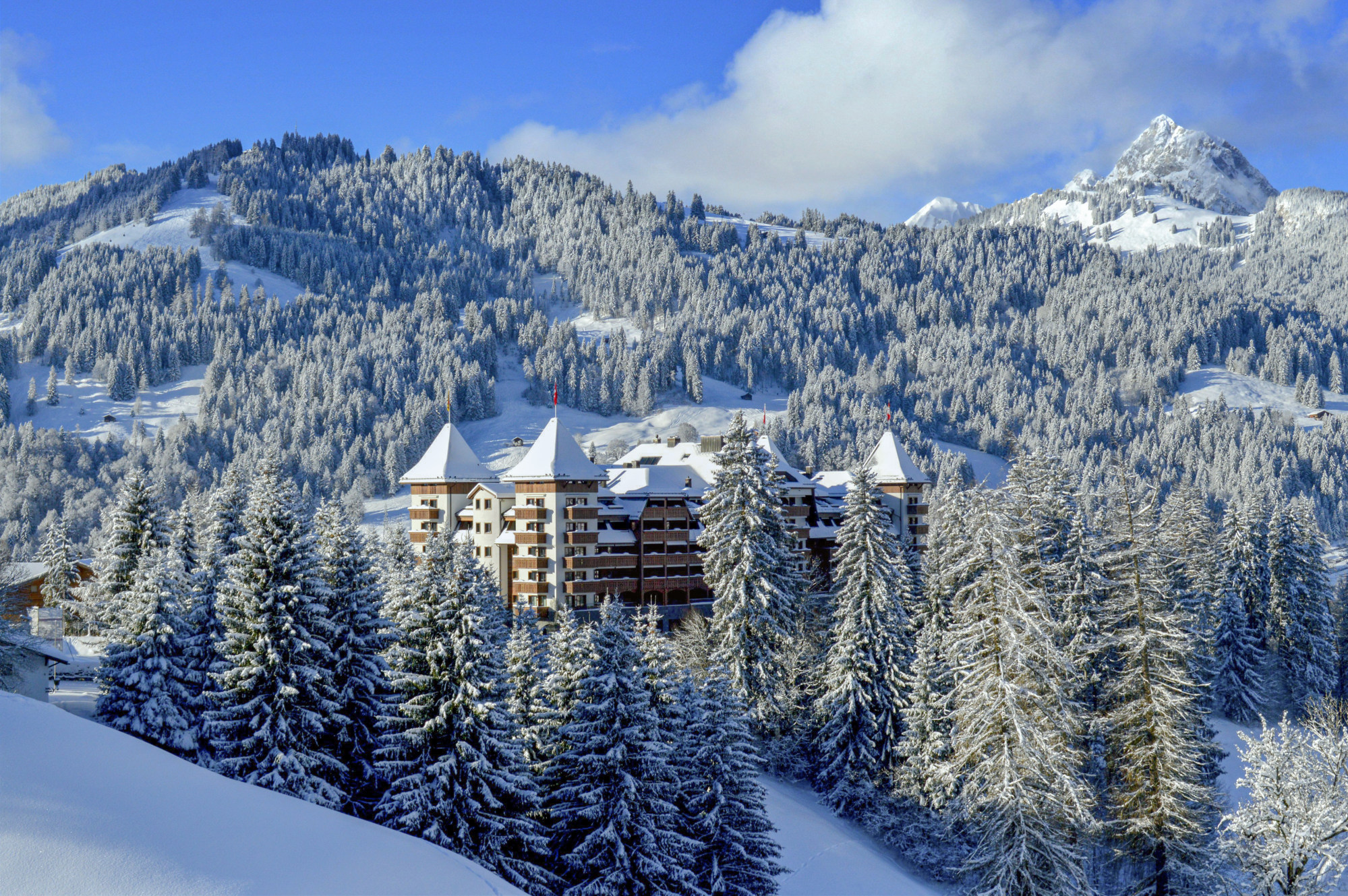
Looking east, the Four Seasons Bali in Sayan allows guests to take a “sacred nap”, which in reality means nodding off while suspended from the bamboo ceiling in an aerial silk hammock, listening to the sounds of nature and the life story of Buddha. In real life, a Lumi white noise machine can have a similar impact, particularly when combined with a scented candle like Byredo Bibliothèque.
Although sometimes the most effective interventions are the simplest. One friend told me that the best night’s sleep she had ever had was in the Nine Skies Teardrop hotel high in the tea plantations of Sri Lanka. On a cold night, a hot-water bottle was placed in her bed, and she drifted off to the sound of the wind in the trees outside.
Where to go – and stay – in China in 2023 now that its borders have reopened
As for me, I somewhat illogically sleep the deepest in the wildest locations: a camp in the Okavango Delta alive with the bark and screech of animals outside, or a farm in the remote tundra of northern Sweden. This exposure to the elements is difficult to recreate in London, where I live, so until then I will be remembering Serris’ simple advice – just take it easy.

- The Alpina Gstaad’s Antonis Serris is a therapist trained in Buddhist medicine and sleep techniques, while The Cadogan’s Malminder Gill is one of the UK’s top hypnotherapists
- Hôtel de Crillon has bedrooms designed by the late Karl Lagerfeld and welcomes guests with an in-room Sleeping Beauty set, which includes aromatherapy oils, pillow sprays, herbal teas and bath foam